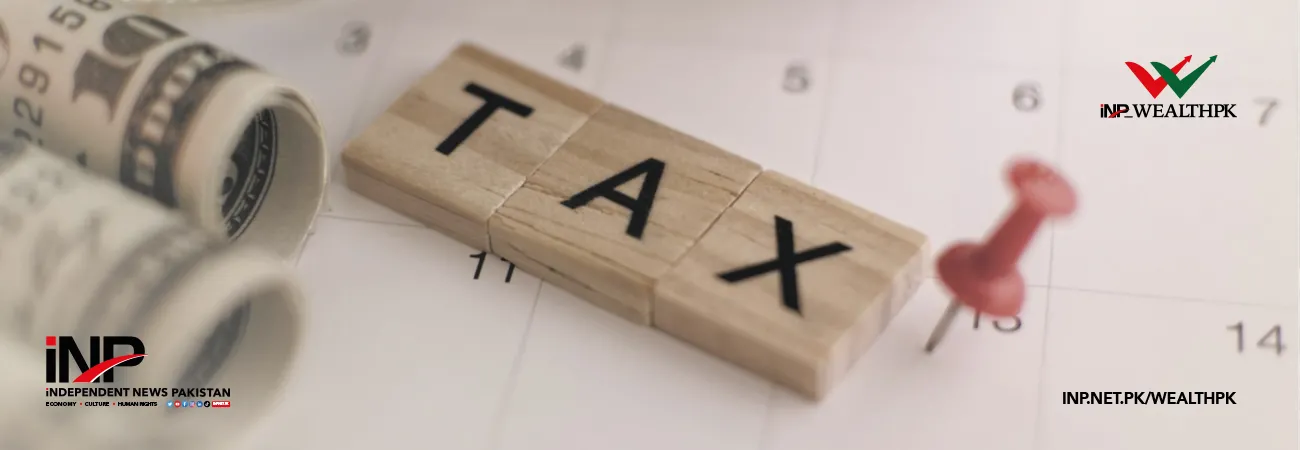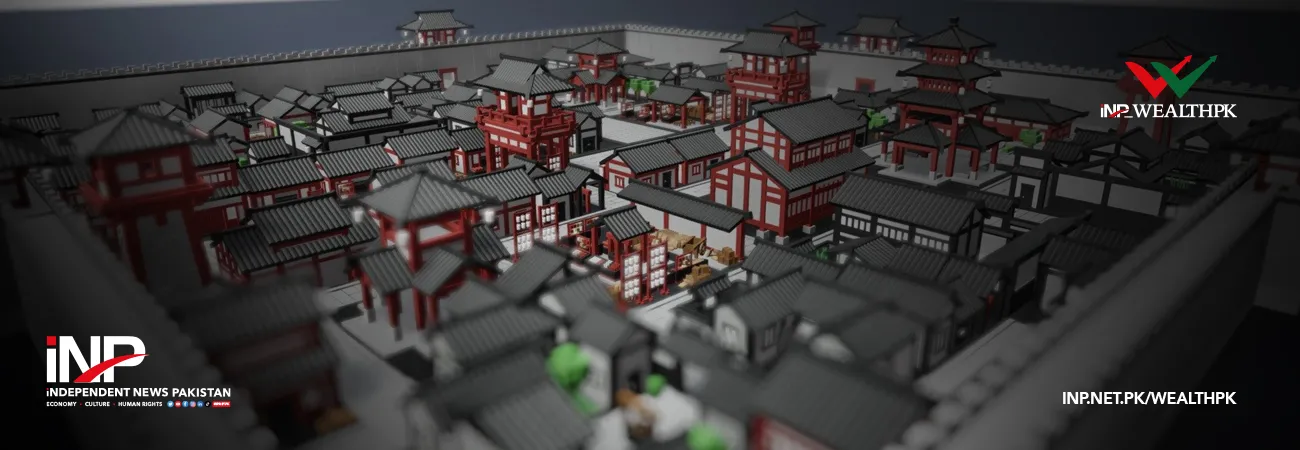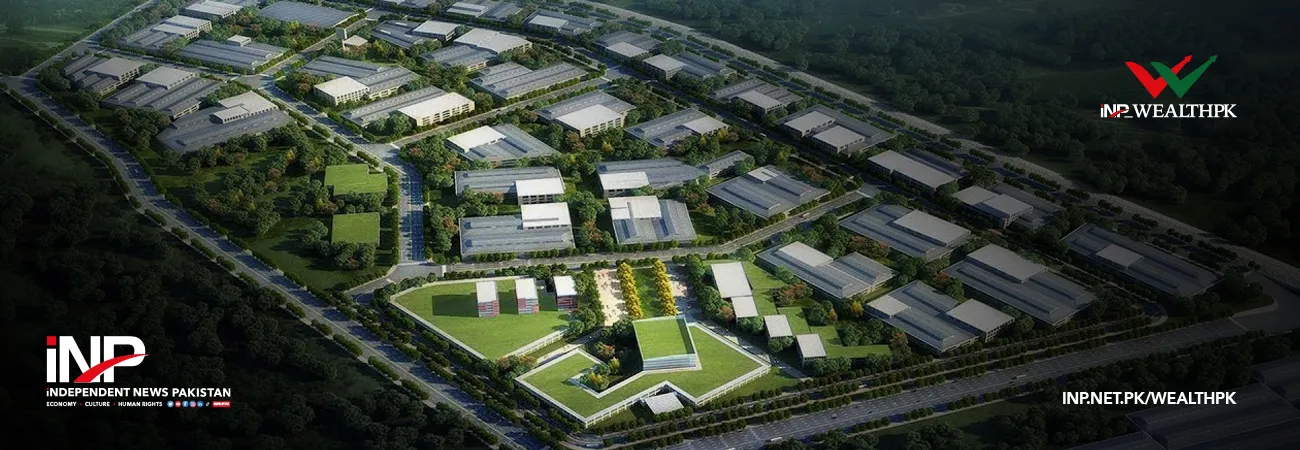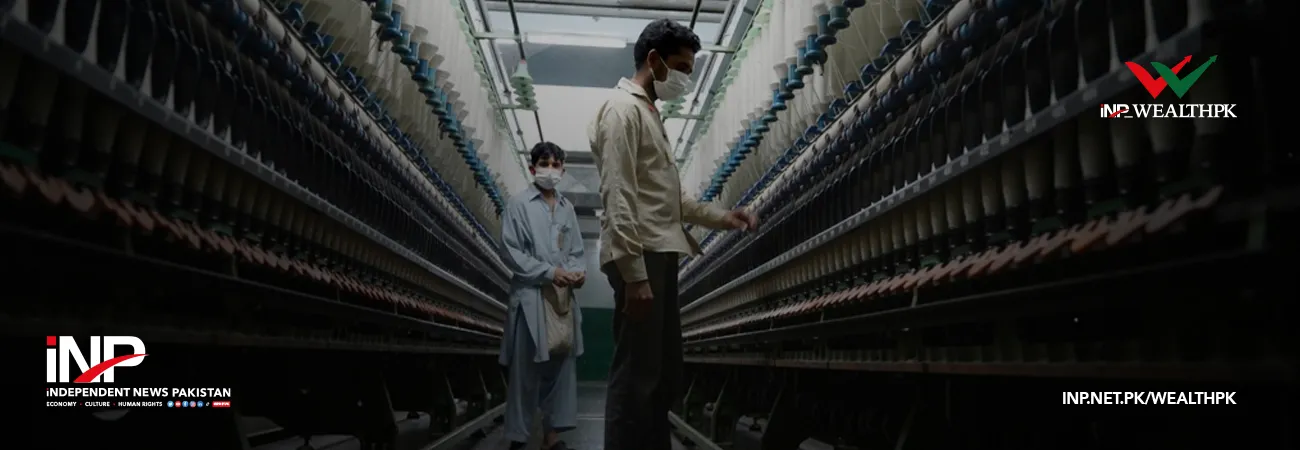INP-WealthPk
Ayesha Saba

Pakistan needs to develop a comprehensive policy that encourages a savings-investment mindset and reduces dependence on foreign loans and aid to achieve long-term and sustainable economic growth. “Pakistan’s economy has long been fuelled by consumption, masking underlying structural issues, particularly a low savings rate. Both private and government consumption have propelled growth cycles in Pakistan, but this reliance on consumption comes at the expense of investment, which is critical for sustainable growth,” Dr Eatzaz, a former SBP memorial chairperson, noted. Speaking to WealthPK, he added that this imbalance leads to a shortage of domestic savings, which are critical for capital formation and investment. “Without sufficient savings, Pakistan fails to achieve long-term growth and investment, resulting in persistently low economic development rates.” “In Pakistan, people spend a significant portion of their income on household essentials like electricity and water, leaving little room for savings.
While consumption-led growth may provide short-term benefits, such as reducing poverty, it cannot provide long-term stability,” Eatzaz observed. “This approach leads to mounting debt, inflation, over-reliance on imports and a weakened manufacturing and export sectors, ultimately undermining economic stability.” He said that Pakistan’s middle class was currently under strain due to rising inflation and unemployment. “The alarming inflation situation has eroded purchasing power, leaving individuals with less real income after adjusting for inflation. This decline in disposable income reduces the capacity for households to save, further exacerbating the low savings rate.” To address this, he suggested that the government should implement policies that safeguard private savers from the threats of inflation, financial instability and market uncertainty. Eatzaz also advocated economic diversification.
“Pakistan must focus on developing new industries, particularly in technology and services, which have the potential to create well-paying jobs and attract foreign investment. The country must reduce its reliance on agriculture and textiles by expanding into more dynamic sectors.” Khaliq Ahmed, regional manager of Allied Bank of Pakistan, said the country remained trapped in a cycle of low savings and low investment, preventing it from realising its full economic potential. He pointed out that higher domestic savings could shield Pakistan from external economic shocks and global uncertainties. To break this cycle, Ahmed emphasised the need for financial inclusion. “The financial sector plays a central role in driving investment by efficiently channeling funds from savers to borrowers,” he noted. “Expanding access to formal banking systems, simplifying financial processes and promoting financial literacy are essential for encouraging households to save and invest.”
Credit: INP-WealthPk













